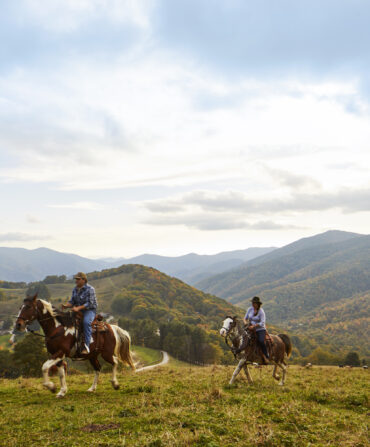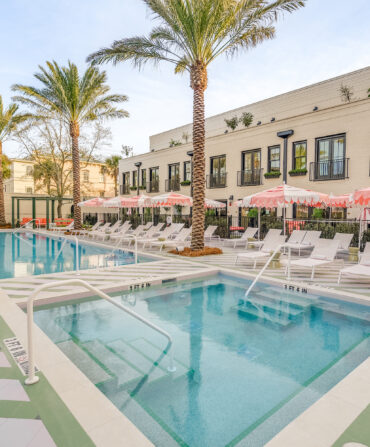City Portrait
Memphis: Meet the Locals
Why these Memphis natives rule
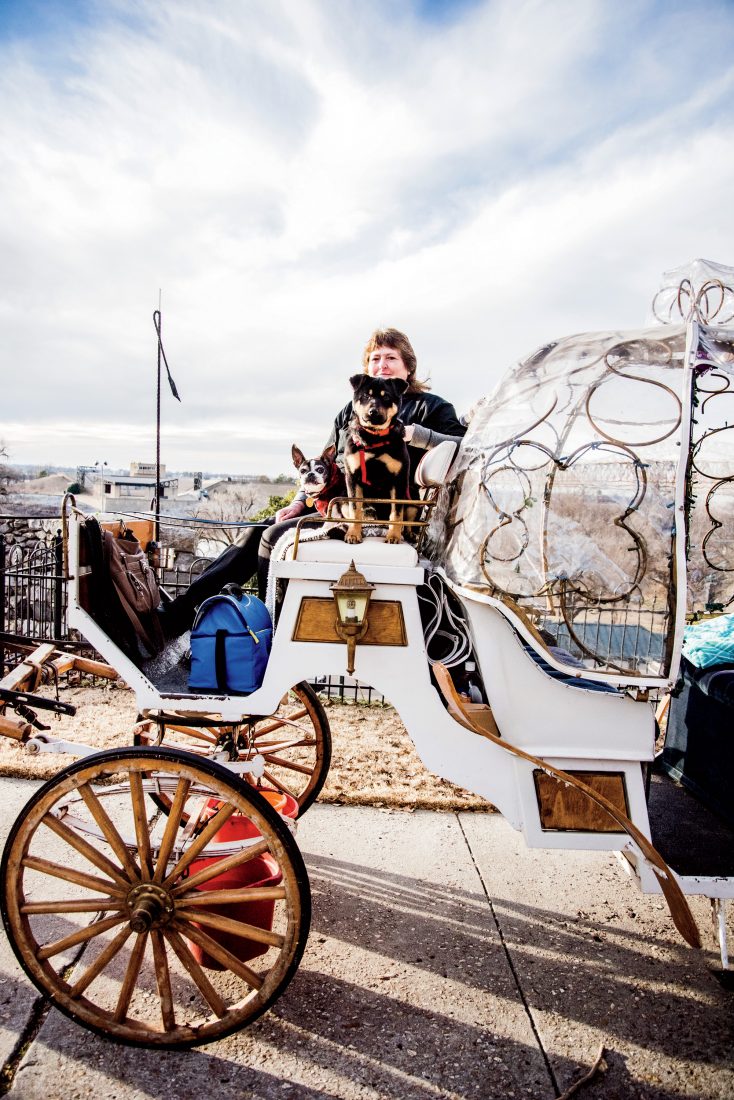
Photo: Randy Harris
Carriage Dogs
Scene Stealers
You’ve heard plenty about the Peabody Hotel ducks, but how about the Memphis carriage dogs (pictured above) ? As the story goes, sometime in the early 1980s, a chubby golden retriever named Bridget snuck onto one of the city carriages on its way to a wedding. When it arrived, guests wanted more pictures of Bridget than of the happy couple. A tradition was born. “It’s the dogs that bring in our business,” says Teresa Hurt (pictured at left), a veteran driver for Uptown Carriages. Her carriage mates are Bessie, an energetic five-month-old rottweiler–English shepherd mix, and Boss, a twelve-year-old Boston terrier. Then there’s Pookie Bear, Gia, Rio, and Mr. McGee. Though the dogs still drive business, Hurt says there’s an added bonus for the city’s fifty carriage drivers: “How many jobs let you carry your best friend with you?”
Lamar Sorrento
Populist Painter
When Memphis native Lamar Sorrento, a longtime guitar player, was about forty years old, he decided he wanted a portrait of Django Reinhardt, the French jazz guitarist. So he painted one. He couldn’t stop. Nearly twenty-five years later, he’s still painting, mostly musicians—Robert Johnson, Johnny Cash, the King. “I have no idea how to paint,” says the self-taught artist, who uses the freezer in his kitchen as an easel. Thousands of customers would disagree. His unique style has made him something of a legend. Keith Richards, Neil Young, and Lucinda Williams, among other notables, each own a Sorrento. One appeared in Richard Linklater’s award-winning film Boyhood, too. Despite his success, though, Sorrento rarely sells a piece for more than $150 or $200, so they can go to “people who’ve never bought a painting ever.”
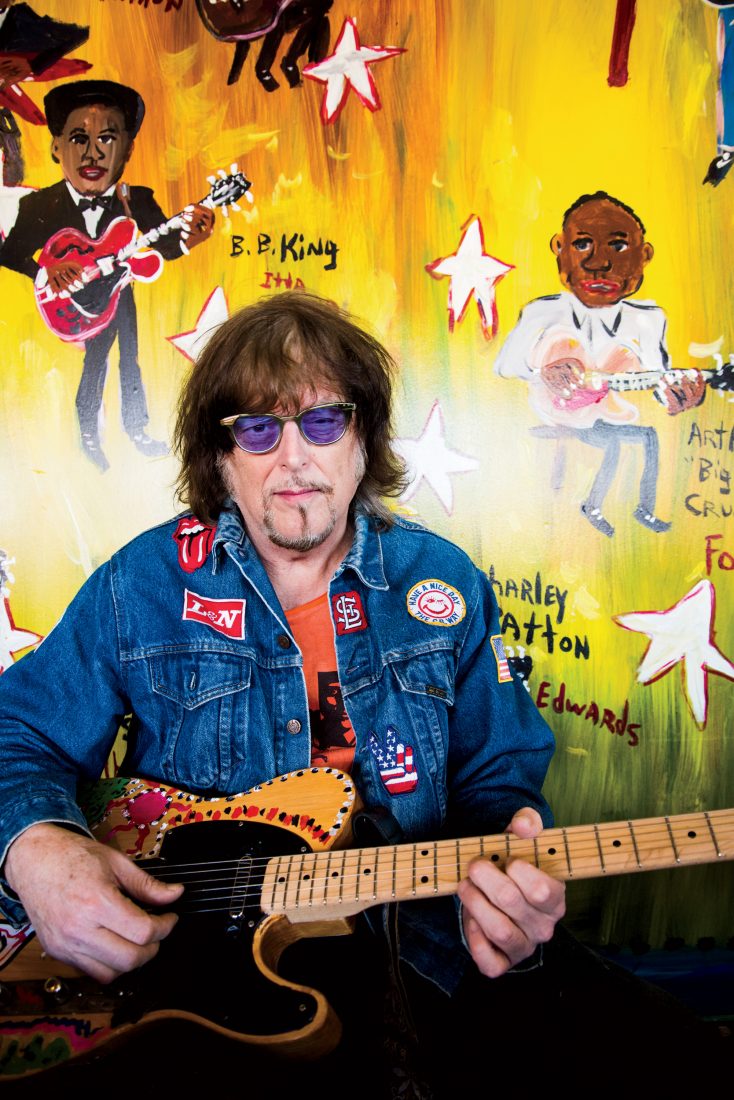
Photo: Randy Harris
Memphis native and longtime guitar player Lamar Sorrento.
The Paynes
Barbecue Family
If you ask Flora Payne for the secret to her lauded barbecue, she’ll tell you. Sort of. “It’s made with love,” she likes to say. But it’s no secret that Payne’s Bar-B-Q’s pork sandwich, chopped or sliced, served with or without bright yellow, mustard-based slaw, is a beacon for barbecue lovers in Tennessee and beyond. Flora’s husband, Horton, and his mother founded Payne’s in 1972, moving to the current space on Lamar Avenue four years later. It’s still a family-run operation. Since Horton’s death, in 1984, Flora and their two children, Ron and Candice, have kept the pit fires burning—and the customers coming, fueled mostly by word of mouth. Horton would surely be proud. “Somewhere he’s smiling, saying, ‘I see you guys keepin’ it going,” says Candice, who was born the same year as the restaurant. “I believe he knew it was going to be legendary.”
Photo: Randy Harris
The family behind Payne’s Bar-B-Q.
1 of 3
Photo: Randy Harris
Sauce at Payne’s Bar-B-Q simmers on the stovetop.
2 of 3
Photo: Randy Harris
3 of 3
Ekundayo Bandele
Stage Presence
If there’s a symbol of a Memphis renaissance, the Hattiloo Theatre founded by Ekundayo Bandele might be it. Growing up, Bandele split time between Brooklyn and Memphis before returning full-time to his Tennessee roots in 2006 with an ambitious goal: create a theater that would give Memphis’s diverse community a voice. One of the country’s few independent black repertory theaters, Hattiloo stages both classic and cutting-edge plays intended to generate dialogue among all races. “We’re helping develop a community that hasn’t been here in this city for a long time,” Bandele says. Last year, the grassroots theater moved into a striking new 10,500-square-foot space in Overton Square. To celebrate the tenth anniversary, beginning this August, Bandele and company are planning free readings of A Raisin in the Sun once a month for ten months in ten communities across the city.
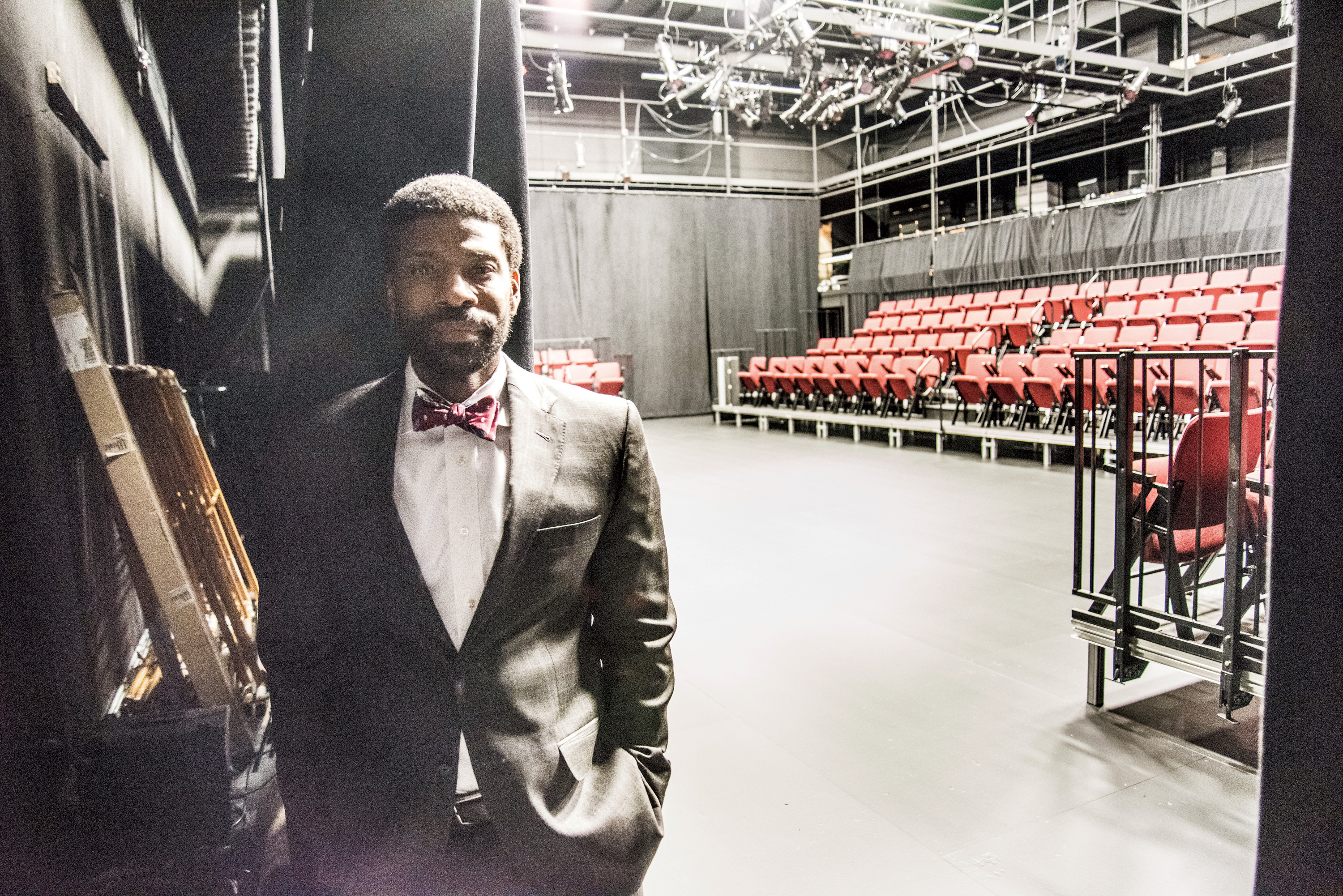
Photo: Randy Harris
Ekundayo Bandele, founder of the Hattiloo Theatre in Memphis.






